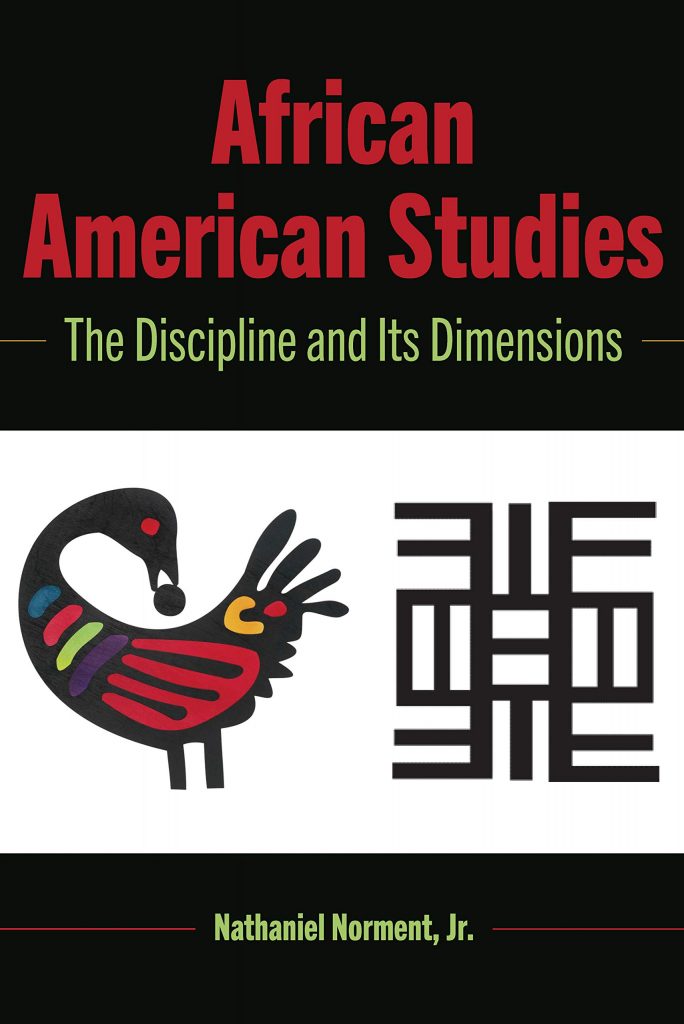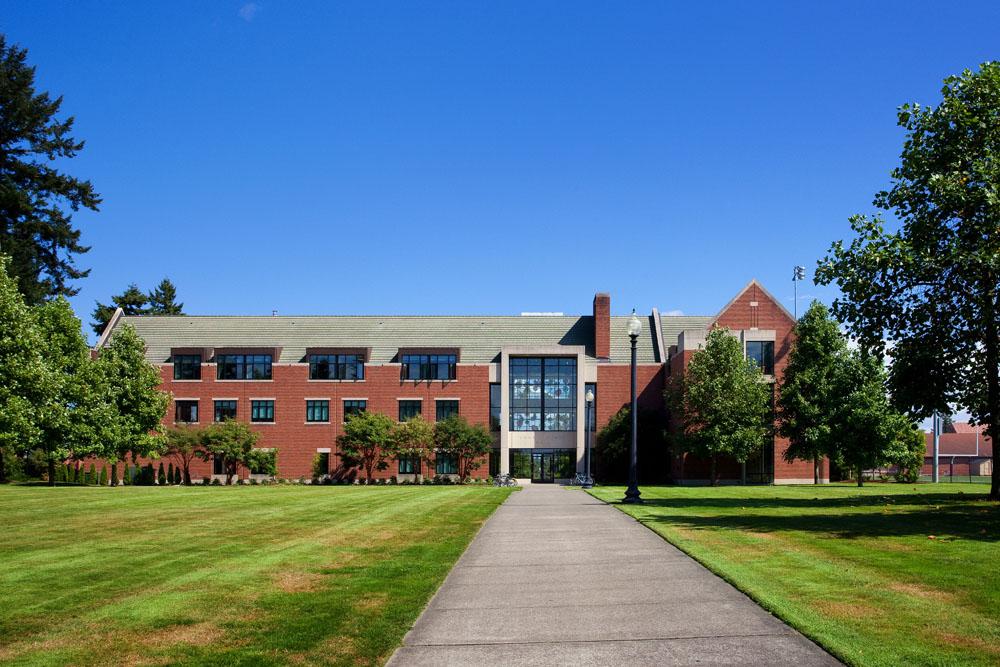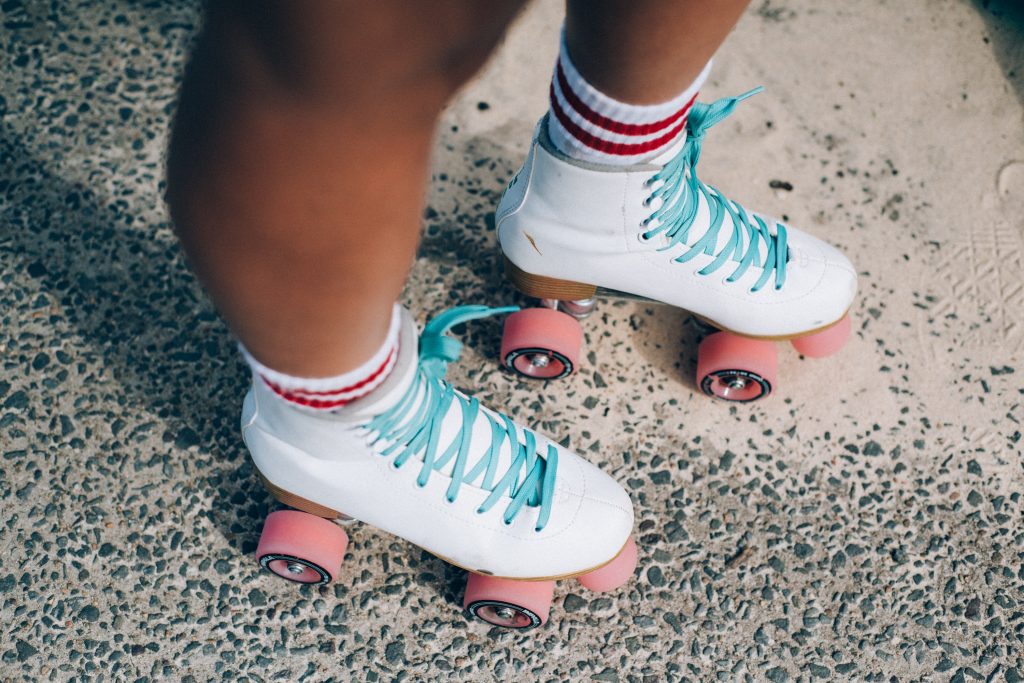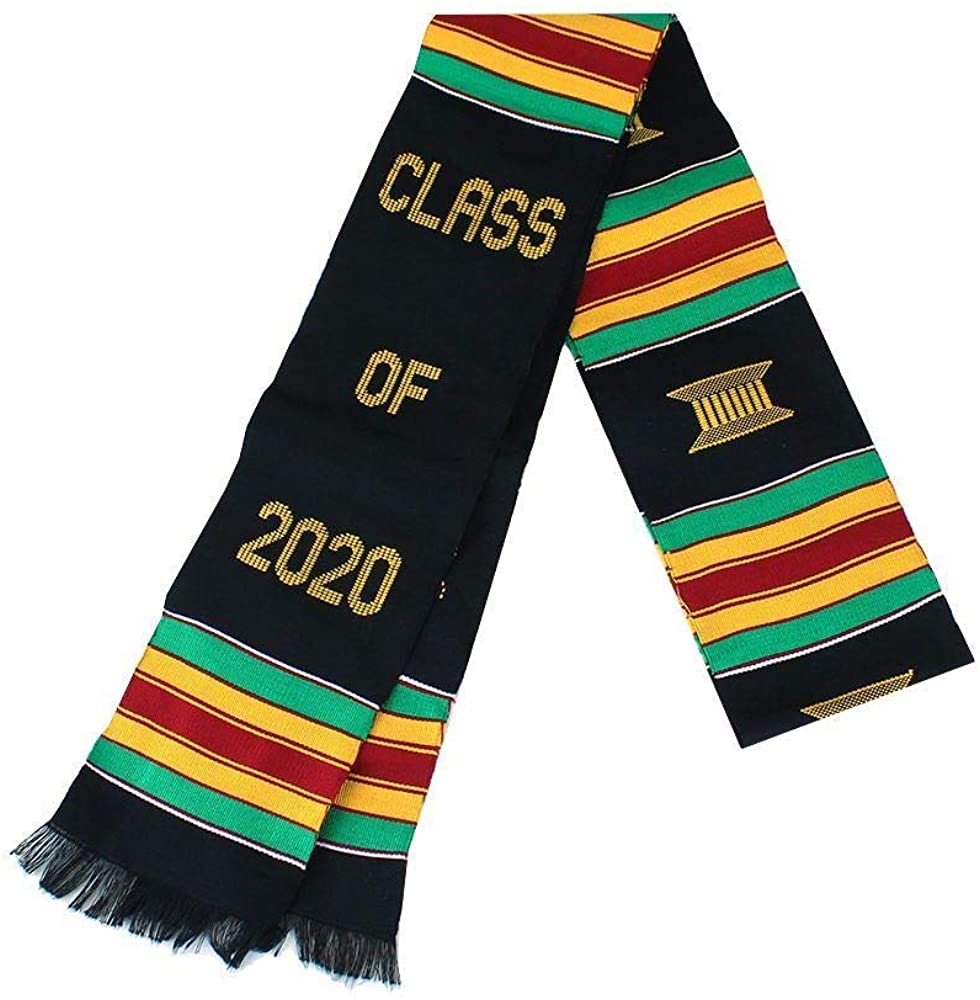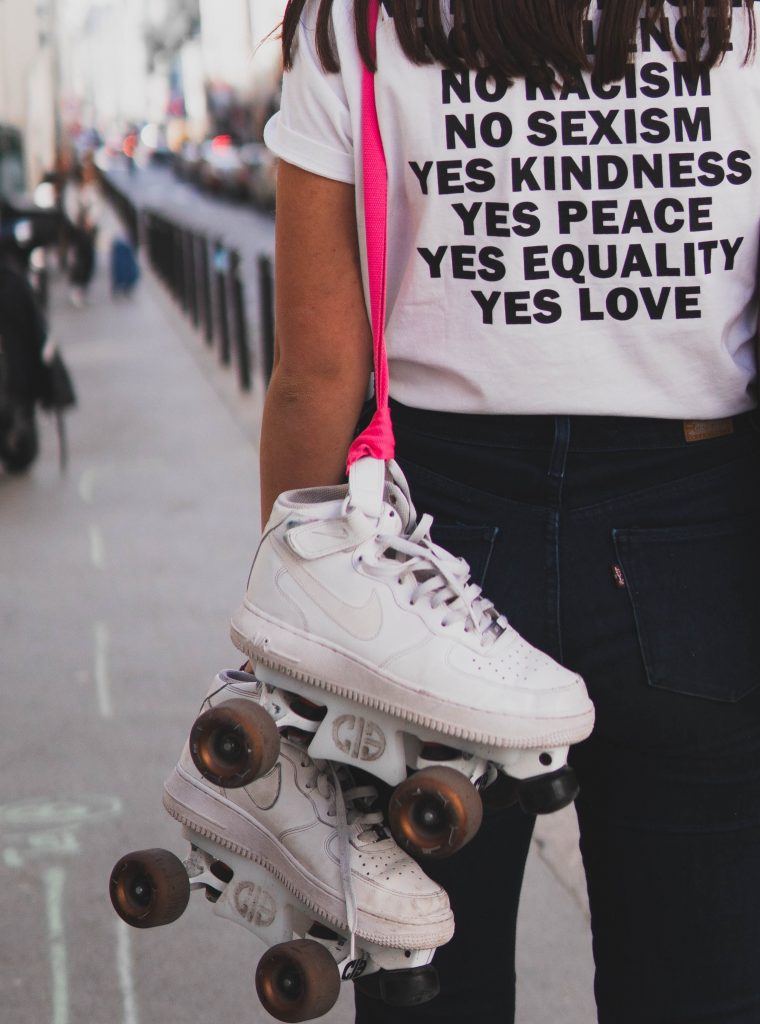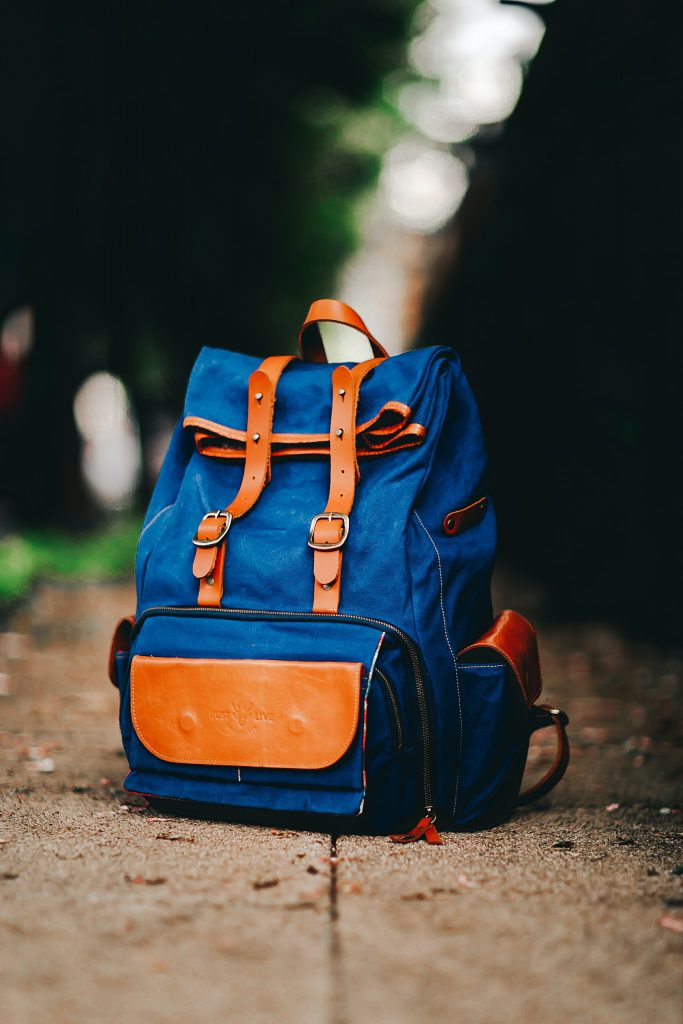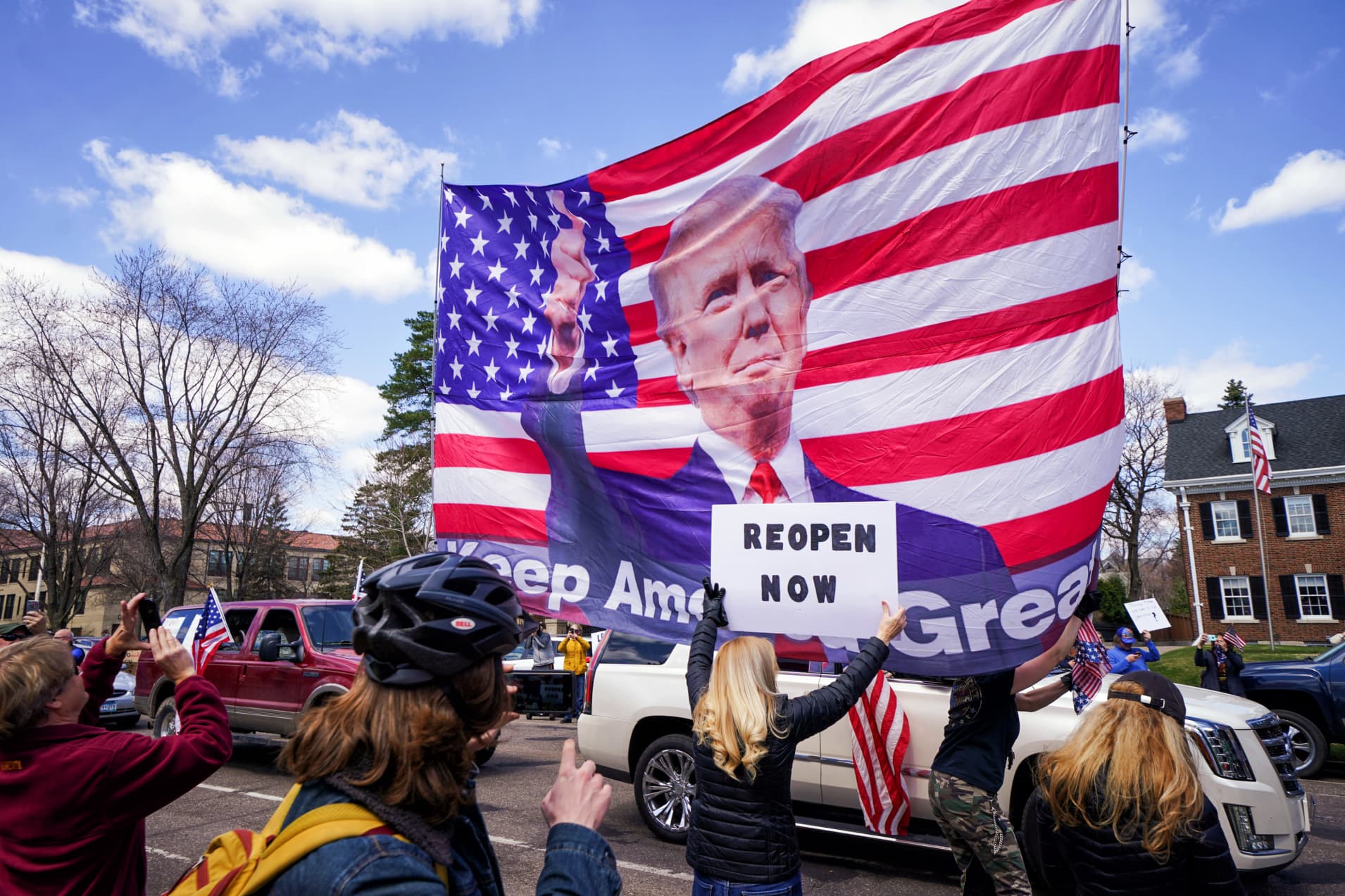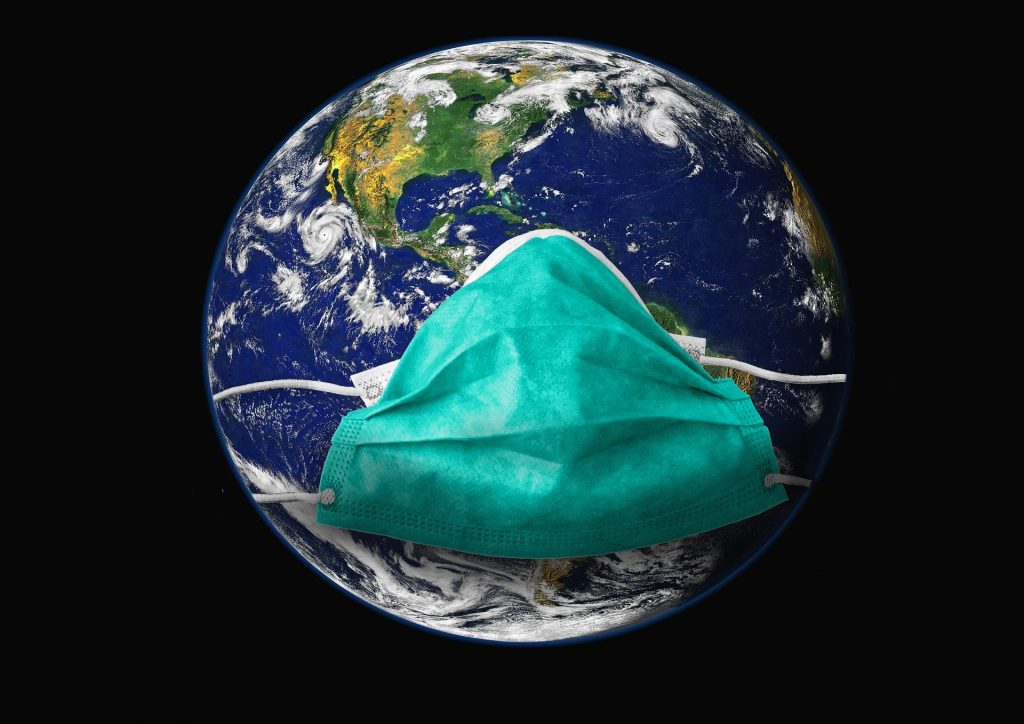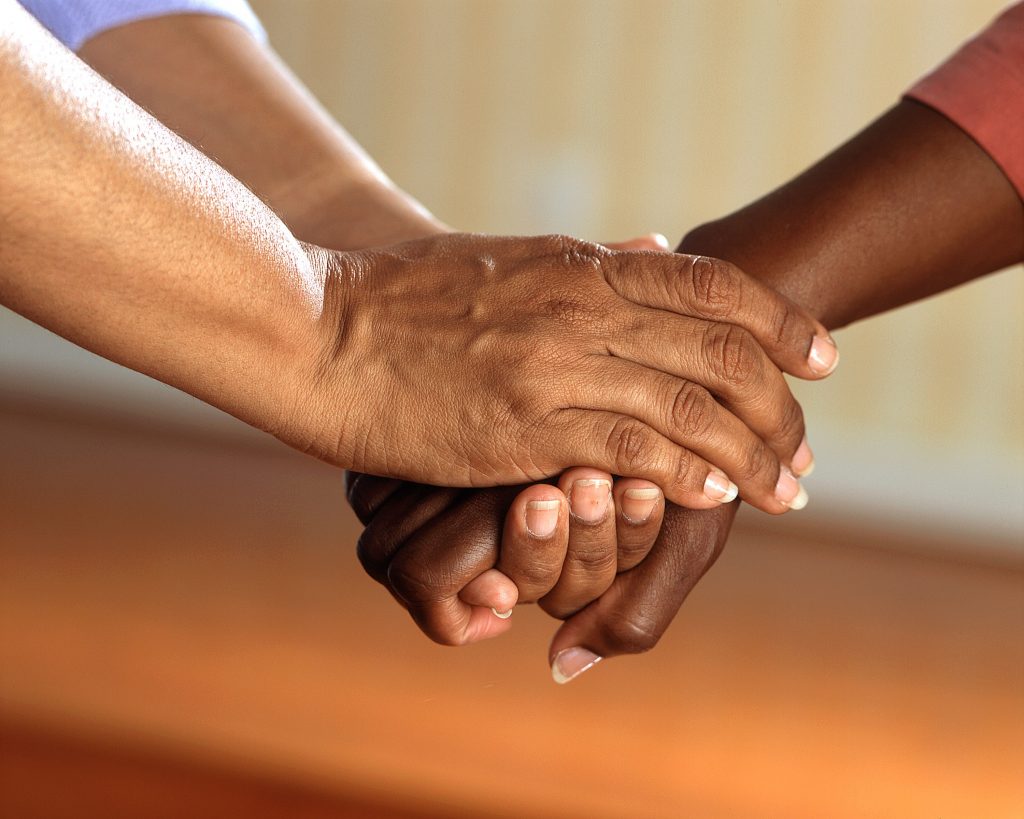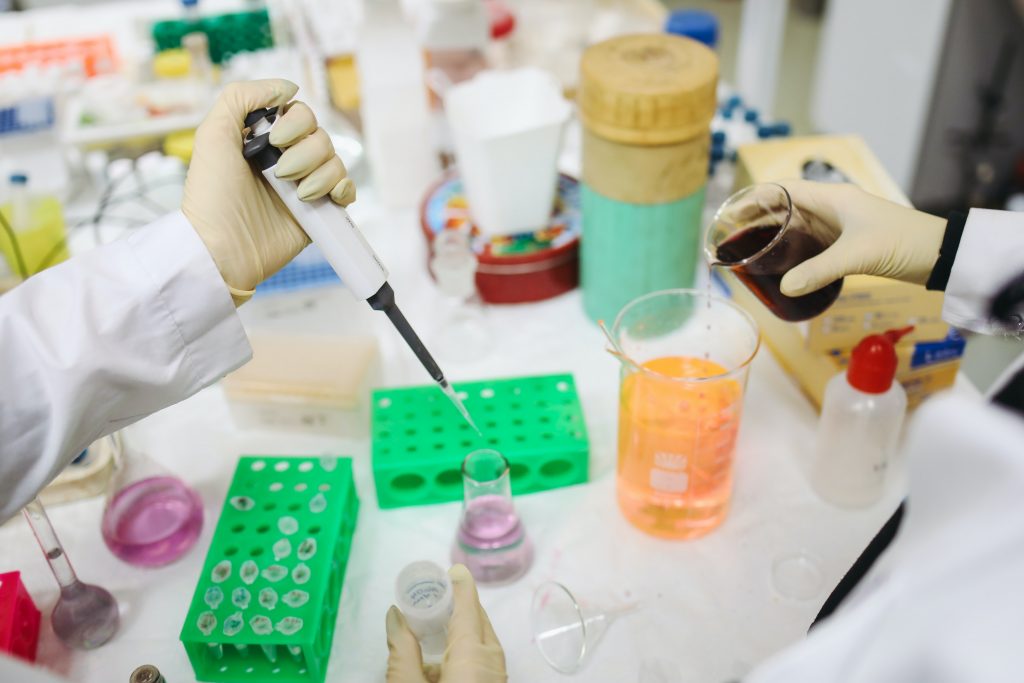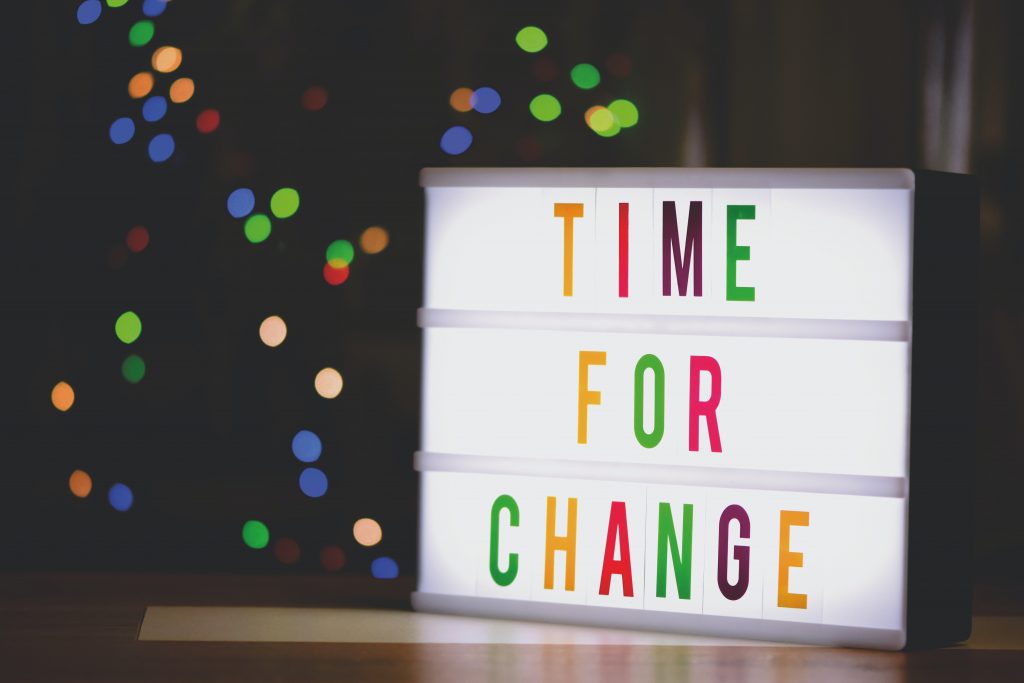Written by Rachel Lorentz
In 2014, at the University of Puget Sounds in Tacoma, Washington, faculty voted yes for the addition of the KNOW requirement, short for knowledge, identity, and power. This course requirement for graduation necessitates all UPS students to take one class that focuses on power differentials and social inequalities and how they relate to the production of knowledge. Reading through the 2014 Trail article entitled “Controversy within Faculty Send KNOW Proposal to Final Vote,” it is obvious that the KNOW requirement did not garner the undivided support of UPS faculty. While the vote came out 59 to 14 in favor of the new requirement, those in opposition were not silent about why. Professor Richard Anderson-Connolly, of the Sociology and Anthropology department, stated that the requirement, “…doesn’t pay attention to the idea that race can be a harmful social construction,” stating that while we shouldn’t ignore the impacts of racism, “…we also shouldn’t be teaching students to view each other as representations of different races” (Dohrmann).

Although the KNOW requirement was a step in the right direction, I would argue that those who view the requirement like Professor Anderson-Connolly, as one that could bring forth potential divides by highlighting social differences such as race, are the same minds that the requirement initially set out to reach. It is interesting to note that the KNOW requirement guidelines say nothing specifically about race, but the faculty conversation immediately centered the conversation on race. Rather, the learning objectives listed in the Bulletin course catalogue state that the KNOW requirement for graduation would help students, “develop their capacity to communicate meaningfully about issues of power, disparity, and diversity of experiences and identities” (Knowledge). After reading Professor Anderson-Connolly’s comments, it is no surprise that the word race never made it into the official description of the requirement. The portion, “diversity of experiences and identities” is the closest mention of race in the description.
When I scroll down the 70+ classes available to satisfy the KNOW requirement, I see classes that address the, “issues of power” and, “disparity,” but very few that address the, “diversity of experience and identities.” For instance, I believe intro-level classes like AFAM 101 or GQS 201 meet all three of the listed learning objectives of the KNOW requirement, while other classes listed as meeting the KNOW requirement, like HON 214 Interrogating Inequalities, do not. While I took HON 214 and can attest that the class was based around interrogating inequalities and allowed me to learn how to communicate meaningfully about issues of power, I still was not exposed to the intricacies of inhabiting a marginalized identity in our hegemonic society or taught about the presence of alternative historical narratives and knowledge. In HON 214, I was exposed to dominant, progressive, white topics regarding inequality, not novel ideas that were purposely not covered in my high school textbooks. Throughout the course of taking AFAM 101 and GQS 201, I not only became a more socially conscious individual, but I had my eyes opened to a world that was previously closed off to me in higher education.
I have had multiple students tell me that AFAM 101 changed their lives. This was not simply because they learned about power structures and inequality; AFAM 101 also addresses the creation of knowledge and dominant narratives with a focus on listening to the repressed narratives of a marginalized people. How can one communicate meaningfully about disparity when they do not know about the presence of institutions in our society that perpetuate that disparity but benefit whiteness? Identity-based social justice classes like Latino/a Studies, African American Studies, and Gender and Queer Studies address every aspect of the KNOW requirement’s learning objectives, including developing, “the capacity to communicated meaningfully about issues of… diversity of experiences and identities” (Knowledge). Discussing the presence of disparity is one thing but talking about the forces that cause those disparities not only to be there, but to continue to be there, is a less performative and more meaningful way for UPS’s majority white students to engage and learn from other identities and experiences.
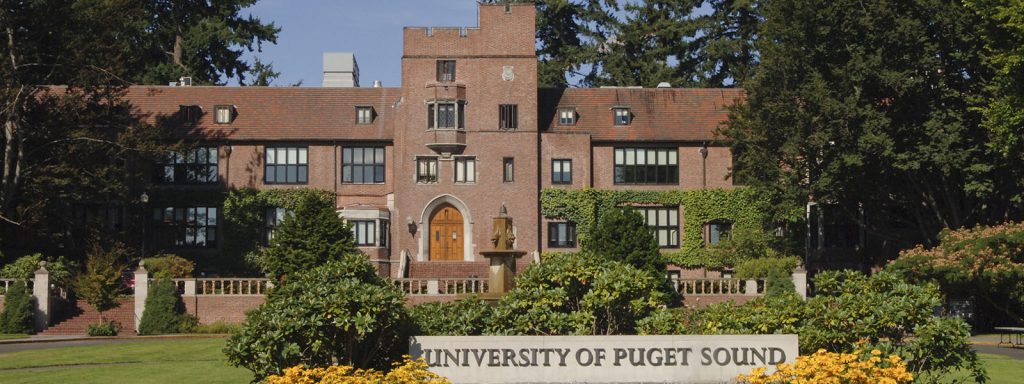
In order to meet the original standards of the KNOW requirement, I propose that the language be changed from “experiences and identities” to “experiences and identities of marginalized folk.” It is important to note that this will narrow the range of available classes that meet the KNOW requirement significantly. With this change, it is important to note that the LTS, AFAM, and GQS departments are some of the smallest, youngest, and most overloaded and understaffed on campus; putting the burden of teaching our majority white students at UPS on these departments should not be done. It is not the job of those with marginalized identities to fix white peoples’ shortcomings when it comes to understanding race. Rather, professors who teach classes already meeting the KNOW requirement would have to resubmit their applications to the Curriculum Committee with an addendum specifically about how the class meets the new, more specific requirement of teaching about “experiences and identities of marginalized folk.” The addendum should also include what kind of pedagogy the professor plans to use when teaching this altered material about, more than likely, an identity other than their own. It is also important to ensure that people of color and marginalized identities occupy seats at every single Curriculum Committee meeting involving the decision of a class counting toward the KNOW requirement.
Including the “experiences and identities” segment of the course description gets at the core of what the KNOW requirement initially set out to accomplish, yet the vague language allows for the presence of auxiliary classes offered as cop outs for those who may believe race is a harmful social construct that should be avoided at all costs. It is important to notice the positionalities of those who make this kind of statement. Very rarely will someone who has experienced discrimination because of their marginalized identity buy into this colorblind notion. Students of color at UPS are already forced to be representations of their own races on our majority white campus. White people are the ones oblivious to the fact that race matters, as Anderson-Connolly so astutely explained to The Trail. This is why it is important to ensure that the KNOW requirement meet certain standards regarding marginalized identities and race.
References
Dohrmann, R. (2014, April 13). Controversy within faculty send KNOW proposal to final vote. The Trail. http://trail.pugetsound.edu/?p=10089
Knowledge, Identity, and Power (KNOW). (June 2019). The Bulletin 2019-2020 CourseCatalogue. Retrieved from https://www.pugetsound.edu/academics/curriculum-courses/knowledge-identity-and-power/

